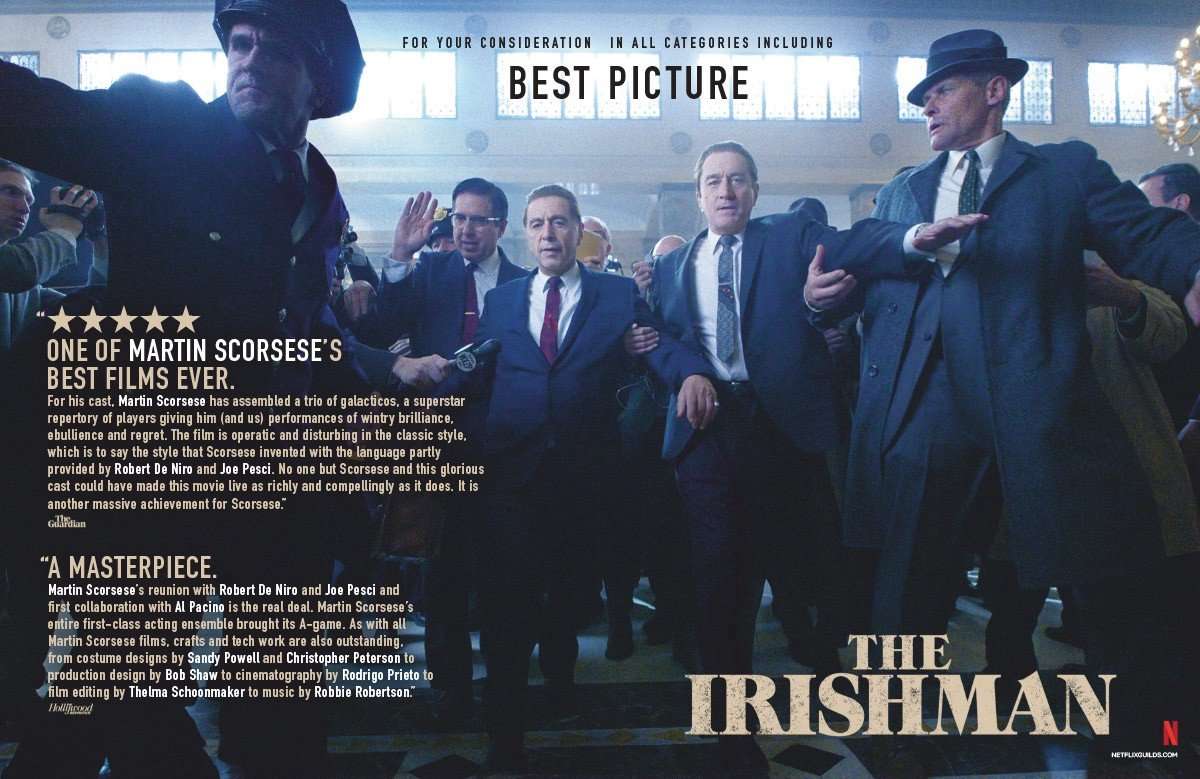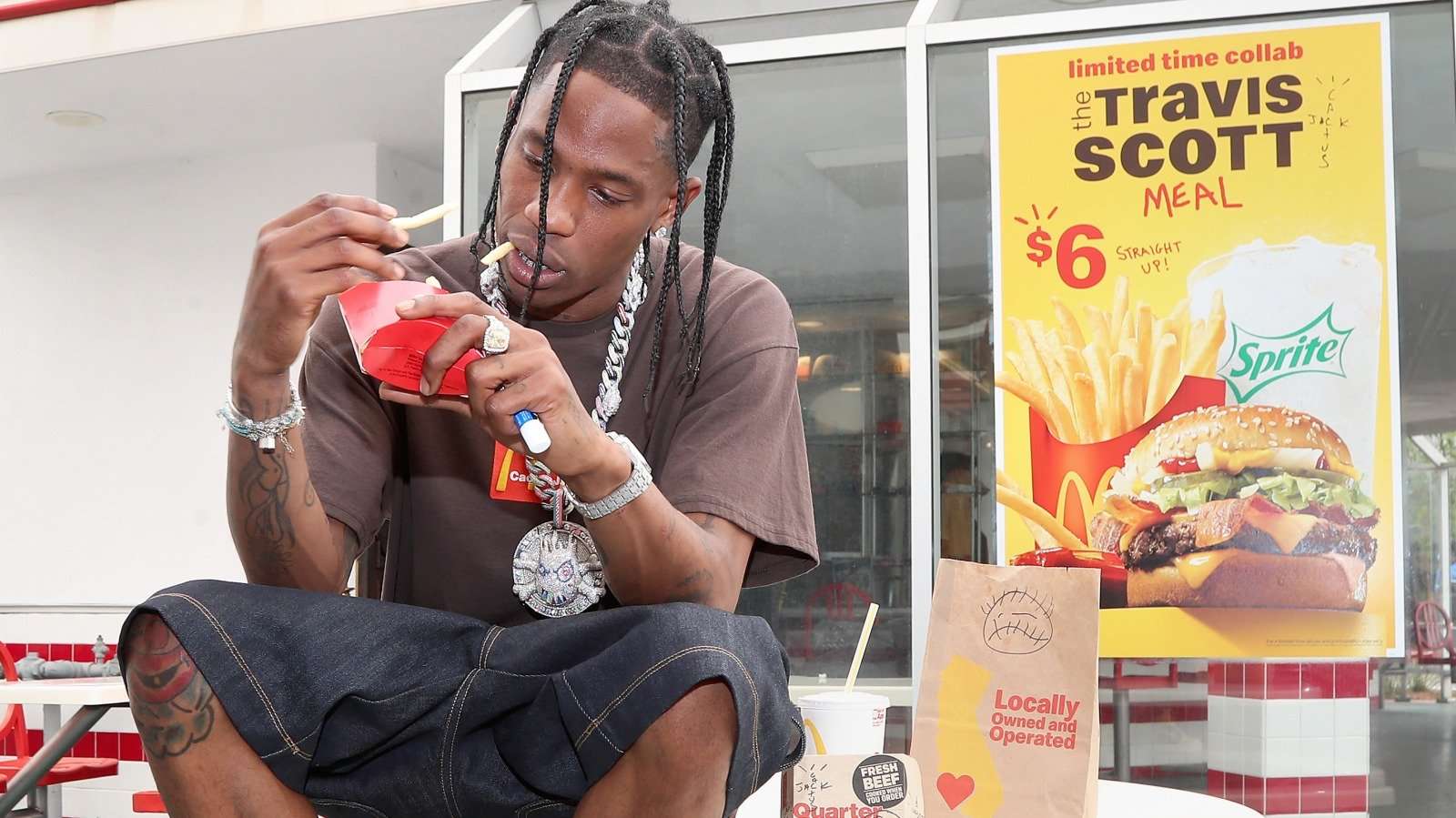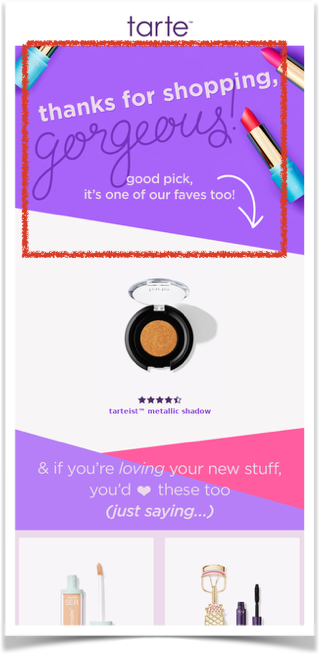Over the past two decades, Netflix has grown from a plucky startup to a company valued at $247 billion. As of 2020, the platform had more than 200 million total customers. The brand has established an industry and disrupted its competition. But it’s no secret that for many years streaming services weren’t considered to be on the same quality level as traditional movie studios by critics.
It wasn’t until 2019 when Roma was nominated for the Best Picture Oscar that Netflix broke that psychological barrier. Titles like The Irishman, Marriage Story, Stranger Things, and others began to make Netflix a regular presence at award shows. And in 2021, Netflix was nominated for a total of 35 Oscars.
This move to woo critics wasn’t just down to luck or producing better content — it’s down to marketing as well. In 2020, Netflix spent an estimated $100+ million for awards marketing campaigns. Compare that to traditional studios, which usually spend between $5 million to $20 million per movie on awards marketing.

An example of an awards season ad for The Irishman; Source: Google Images
The Psychology (and Business) of Winning Awards
But winning awards isn’t just an ego boost for Netflix — there’s a business reason behind it. There are production benefits to being an award-winning studio — the best actors, directors, and writers want to work with the most acclaimed studios. Netflix CEO Reed Hastings described some of the benefits of winning awards this way:
“We will win deals we wouldn’t have otherwise won for incredibly entertaining content.”
But there’s another reason why Netflix wants to win awards — the psychological benefits of being critically acclaimed.
Winning awards can leverage psychological principles like the Halo Effect, Authority Principle, and Confirmation Bias. These principles help Netflix stand out from the crowd, attract new customers, and keep existing ones.
1. What Is the Authority Principle?
The Authority Principle states that people tend to comply with those in positions of power, such as police, government leaders, professors, and perceived experts.
As Professor Robert Cialdini, an expert on the Authority Principle and the author of Influence: The Psychology of Persuasion, put it:
“As humans people want to defer to a legitimate authority. I don’t know about you, but when I’m sitting in a doctor’s waiting room, I’m looking at the diplomas and certifications on the wall.
We need that shortcut to feel trust.”
How do awards drive the Authority Principle for Netflix?
Awards are seen as signals of expertise in many industries. Because of the Authority Principle, knowing a movie has won an Oscar can act as a mental shortcut that makes it easier for people to choose Netflix over other streaming platforms.

Photo by Roberto Catarinicchia on Unsplash
Just like a military uniform or an advanced degree, awards inspire a feeling of trust in authority. They make Netflix look like experts at producing critically-approved content that everyone wants to watch.
2. What is the Halo Effect?
Coined by psychologist Edward Thorndike, the Halo Effect describes people’s tendency to let one positive trait guide their total opinion of a person, product, or experience.
The Halo Effect is often referenced when talking about beauty. Studies have shown that we consider good-looking people more intelligent, more successful, and more popular. Attractive people even receive lighter prison sentences when judged for the same crime as an unattractive person.
How do awards drive the Halo Effect for Netflix?
The Halo Effect isn’t just about giving beautiful people the benefit of the doubt. This principle also has implications for business and marketing.
When a title like Icarus, Roma, or Marriage Story wins an Oscar, it has a Halo Effect across the entire Netflix platform. Now users see the company as a destination for popular, critically-acclaimed films even if every title isn’t of the same quality. After a while, it becomes a virtual cycle of award wins that fuel positive perceptions, which helps drive more award wins.
3. What Is Confirmation Bias?
Coined by psychologist Peter Wason, Confirmation Bias describes peoples’ tendency to search for, interpret, favor, and remember information that confirms their choices and beliefs. As author Harper Lee put it,
“People generally see what they look for, and hear what they listen for.”
For example, when customers decide to buy something, they are more open to information that confirms their purchase was high quality, healthy, a good value, or environmentally sustainable. Customers want to believe they’ve made the right choice, so communications that support that belief are well-received and better remembered.
How do awards drive Confirmation Bias for Netflix?
When a customer pays for a streaming service every month, they make a calculated risk that they will continue getting good content. A small monthly payment might not seem like much of a risk, but with more and more streaming services entering the market, the fight for subscribers is only getting tougher.
So when a customer signs up for Netflix, finds a few movies or shows they enjoy, and these same shows start winning Emmys and Oscars, suddenly that calculated risk seems like a smart move. Winning awards leverages Confirmation Bias to ensure that customers stick around because the next big Netflix show is probably on the way.
🚀 Learn what makes buyers tick
Join 8k+ of world's best marketers from brands like Disney, Coca-Cola, Google who are learning marketing psychology in <5 mins a week.
How Other Brands Apply These Principles
1. Authority Bias:
- Expert Endorsements: Passion Planner is a daily calendar that motivates users by helping them follow their passion. By featuring high-achieving individuals who love their product, Passion Planner leverages human performance experts’ endorsement to gain credibility with their customers — people who want to get organized to achieve more.


2. Halo Effect
- Celebrity Partnerships and Collaboration: Travis Scott, a popular musician, and McDonald’s teamed up to created a limited time product called “The Travis Scott Meal”. This was the second time McDonald’s had named a menu item after a celebrity — the first being basketball player Michael Jordan in 1992.
By collaborating with Scott, McDonald’s benefited from the Halo Effect of his celebrity and influence, particularly with younger customers. The meal was a huge success and paved the way for similar collaborations between entertainers and the iconic fast food brand.

3. Confirmation Bias
- A virtual pat on the back: After a customer buys something, Tarte Cosmetics sends them this email — a great example of Confirmation Bias at work. Tarte confirms that the customer has made a great choice, and takes the opportunity to suggest some complementary products that would go with the customer’s “good pick”.

The Bottom Line
If you want to apply these principles to your experience, start by asking yourself a few questions:
- Authority: Are we evoking symbols of authority (awards, qualifications, certifications) at the right moments in our experience? If so, can we use them to better build trust with our customers?
- Halo Effect: Do we have any opportunities to leverage popular celebrities and/or influencers? Could we partner with them to create limited edition products or services?
- Confirmation Bias: Is our product or experience a risky one? How would customers feel if we gave them a virtual pat on the back to tell them they’ve made a great choice?
